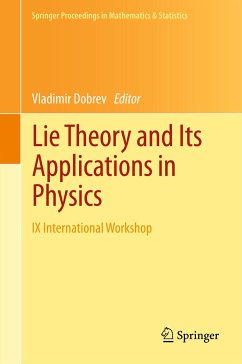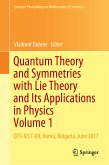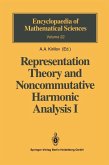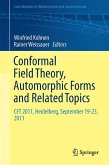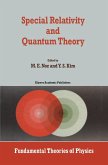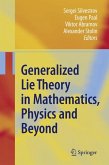Traditionally, Lie Theory is a tool to build mathematical models for physical systems. Recently, the trend is towards geometrisation of the mathematical description of physical systems and objects. A geometric approach to a system yields in general some notion of symmetry which is very helpful in understanding its structure. Geometrisation and symmetries are meant in their broadest sense, i.e., classical geometry, differential geometry, groups and quantum groups, infinite-dimensional (super-)algebras, and their representations. Furthermore, we include the necessary tools from functional analysis and number theory. This is a large interdisciplinary and interrelated field. Samples of these new trends are presented in this volume, based on contributions from the Workshop "Lie Theory and Its Applications in Physics" held near Varna, Bulgaria, in June 2011. This book is suitable for an extensive audience of mathematicians, mathematical physicists, theoretical physicists, and researchers in the field of Lie Theory.
Dieser Download kann aus rechtlichen Gründen nur mit Rechnungsadresse in A, B, BG, CY, CZ, D, DK, EW, E, FIN, F, GR, HR, H, IRL, I, LT, L, LR, M, NL, PL, P, R, S, SLO, SK ausgeliefert werden.

